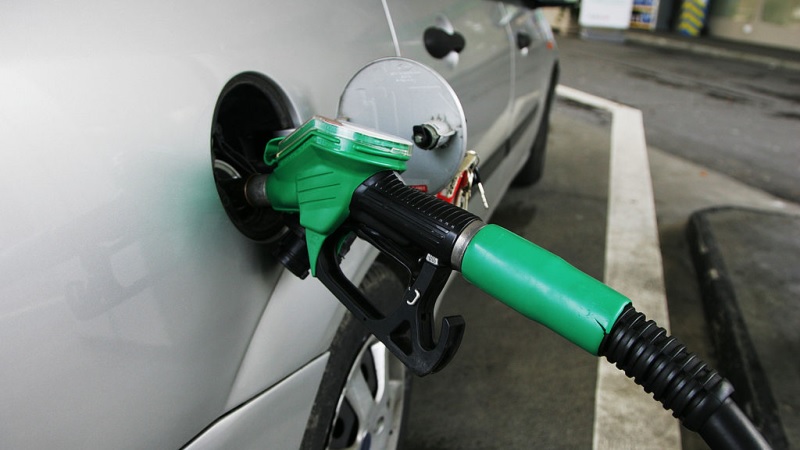The World Bank is seeking to persuade governments to take money away from subsidies for fossil fuels and invest it in good causes like climate change.
Governments around the world currently spend over half a trillion dollars a year on making the use of fossil fuels cheaper and the bank wants some of this to be spent on tackling climate change.
In response to calls from the wealthy governments that fund it, the bank is pivoting to focus more on climate change, alongside its traditional goal of eradicating poverty in the developing world.
The bank’s new president Ajay Banga told reporters on Wednesday that accounting tweaks like changes in its equity-to-loan ratio would help with this, as they would allow it to lend about a fifth more than it does now.
But, he told the bank’s annual meeting in the Moroccan city of Marrakech, “it is not going to be enough for the kind of challenges the world has ahead”.
So, he said, the bank would also “look at every other place where pools of money exist which could be used or redirected – whether it is subsidies in the world on fuel and agriculture that cause environmental issues or whether it is voluntary carbon markets.”
MDBs push against subsidies
The World Bank does not have the power to force governments to remove these subsidies but it can advise and pressure them.
Following coup, Gabon climate officials face corruption allegations
Banga’s comments follow a September 2021 International Monetary Fund (IMF) report which said governments spent about $577 billion a year making fossil fuels cheaper.
This was followed in July 2023 by the World Bank’s “detox development” report on “repurposing environmentally harmful subsidies”.
On the release of the report, the bank’s second-in-command Axel Van Trotsenburg said: “People will say that there isn’t money for climate but there is – it’s just in the wrong places.”
He added: “If we could repurpose the trillions of dollars being spent on wasteful subsidies and put these to better, greener uses, we could together address many of the planet’s most pressing challenges.”
UN puts climate ‘course correction’ on Cop28 negotiating table
The report said that fossil fuel subsidies increase the use of fossil fuels, reduce the incentives to cut energy use and make it harder for renewable energy to compete.
Petrostates worst offenders
The countries that provide the most subsidies for fossil fuels are economies reliant on fossil fuel production like Russia, Saudi Arabia, Iran and Venezuela.
Big Western fossil fuel producers like the US, UK and Canada also provide billions of dollars of subsidies, as do major emerging economies like India, China and Indonesia.
IMF research shows that in countries like Saudi Arabia and Iran, fuel subsidies mean that filling up cars is far cheaper than it would be if left to the free market.
The same research shows that subsidies are making gas much cheaper in a broader group of nations which includes India, Brazil, Canada and Russia.
If the social costs of fossil fuels – like their impact on climate change and air pollution – were included then the price would be even greater than their free market price, the research says.
Reforms spark protests
The G20 group of the world’s biggest economies agreed in 2009 to phase out “inefficient” fossil fuel subsidies and have repeated that promise at every G20 summit since – without major efforts to put it into practice.
The World Bank says that the subsidies benefit the rich more than the poor. But removing them has often proved politically controversial, as it pushes up living costs for many.
Green Climate Fund ambition at risk after ‘disappointing’ pledges
A 2022 study found that over 40 countries have had riots over fuel prices in the last 20 years including France, Zimbabwe in Iran.
The study’s authors found that fossil fuel exporters are more likely to fix domestic fuel prices with subsidies.
“When these can no longer be sustained, much bigger domestic price adjustments are needed, often leading to riots,” they found.
Banga and the July 2023 World Bank report also call for the removal of fishing subsidies and $500 billion a year of environmentally-damaging agricultural subsidies.
